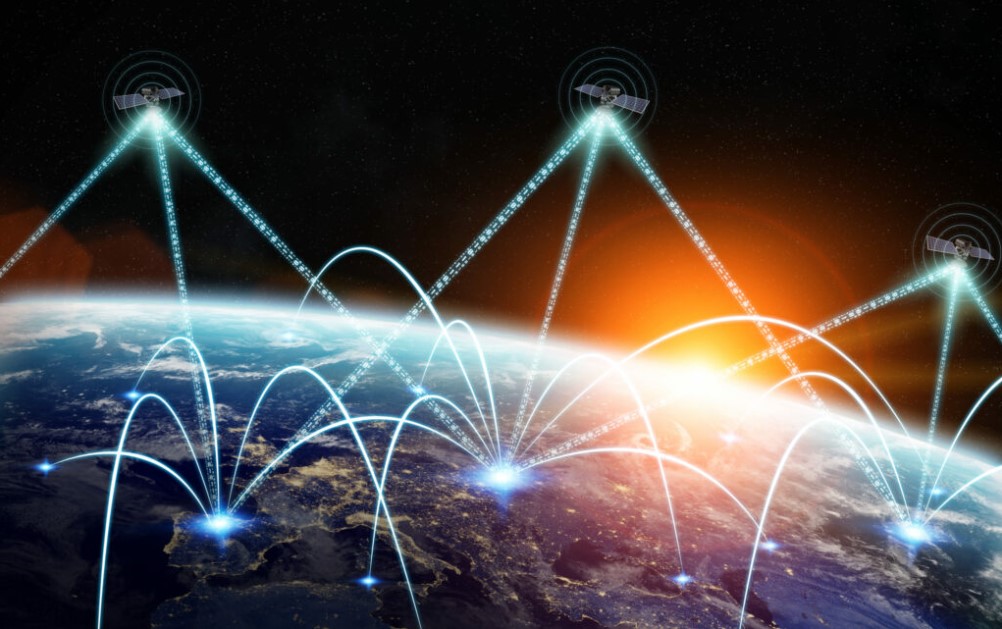The other day, SpaceX launched its second-generation Starlink satellites, which will allow phones to connect directly to them, for the first time in orbit. Last year SpaceX officially introduced the Starlink V2 satellites and only now has the company launched its first batch into orbit. Launched them on a Falcon 9 rocket. She started from the site at Cape Canaveral in Florida on Feb. 27, at 18:13 local time. A total of 21 spacecraft were put into orbit.
Starlink - a project of SpaceX, which aims to create a global network of satellite communications to provide access to high-speed Internet anywhere in the world. The project began its work in 2015, and the first satellite launches took place in 2019. Starlink V2 is the next generation of this technology, which will improve the quality and reliability of communications, as well as expand the coverage area.
One of the main development opportunities for Starlink is to increase the number of satellites in orbit. Currently, there are about 4000 Starlink satellites in orbit, and SpaceX plans to launch several thousand more satellites in the coming years. A larger number of satellites will provide greater coverage and improve the speed and quality of Internet connections.
SpaceX is also working to improve technology that will reduce the cost of launching satellites and improve their reliability and efficiency. The company is also working on the development of a special antenna to receive the signal from the Starlink satellites, which will be more compact and accessible to a wide audience.
Starlink development trends are connected with the increase in demand for high-speed Internet, especially in remote and hard-to-reach regions, where wired communication is not available or unaffordable. Satellite internet from Starlink can become an alternative and more affordable option for millions of people all over the world.
Also in the future Starlink can become an important tool for the development of the Internet of Things and unmanned vehicles, which will require a high-speed and reliable Internet connection for their operation.
However, it is worth noting that Starlink has its challenges and problems, such as the possible increase in space debris and the potential impact on astronomical research. SpaceX is working to solve these problems, but still, these challenges could have an impact on the future development of the project.
Kazakhstan, due to its vast territory, is the most interested country in the successful development of satellite internet, currently work is underway to make appropriate changes and additions to the legislation of Kazakhstan, as the activities of non-geostationary satellite communication systems (NGSS) in Kazakhstan are not regulated.


